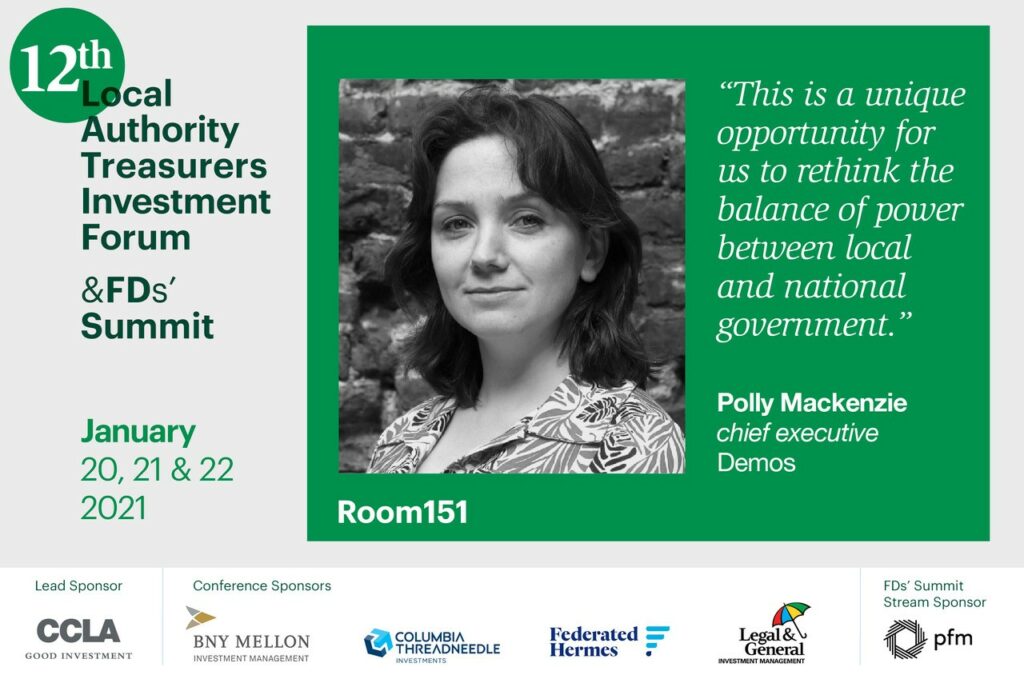
Sponsored article: George Crowdy from Royal London Asset Management looks at the sectors providing opportunities for sustainable investment.
Throughout much of 2020, we talked about why sustainable investing has thrived in the pandemic, explaining that it is about identifying companies that provide solutions to global challenges, rather than those that exacerbate these problems.
In recent months, certain sectors have stood out. Technology and healthcare have performed particularly well as they have been providing such solutions. We have significant overweight positions in these sectors. But relative performance is also driven by what you don’t invest in and we’ve also benefitted from low or zero exposure to sectors that have struggled.
One of the worst-performing sectors in 2020 has been energy because of lower demand for oil from locked-down economies and the price war earlier in 2020 between Russia and Saudi Arabia. While it may seem obvious that sustainable funds wouldn’t hold oil & gas stocks, there’s more to this than you might imagine. We have zero weighting in the sector because we don’t believe in the long-term viability of fossil fuels, as well as their negative environmental impact.
Sectors
With the widespread acceptance of climate change and the need to reduce carbon emissions, renewable energy is the future. Through economies of scale and technological advances, wind and solar power costs have fallen around 80% over the last decade, while battery technology (which is crucial to the success of renewables) is making huge advances. The low-carbon energy transition won’t be an overnight shift but it’s definitely happening.
Indeed, European governments have raised their green targets during the pandemic, directing investment to these outcomes, while China has just committed to “net zero by 2060”.
Banking is another sector that has underperformed this year, as the risk of loan defaults has risen and yields have fallen to record lows. We have long been underweight in banks, as we struggle to identify a net benefit to society in many banking activities, particularly in trading and investment banking. The often opaque nature of banking revenues makes it difficult for us to have conviction in the sector.
The pandemic has emphasised the importance of embracing the disruptive power of technology. E-commerce has increased hugely this year, dramatically expanding the demographics of online shoppers. For retailers, this has underlined the existential importance of a high-quality, scalable online strategy.
While traditional retailers have struggled, those with “omni-channel” distribution, such as Adidas, have thrived.
Financials
In case it sounds like sustainable investing is only about tech-based futurology, our funds have also benefitted from the emphasis that we place on strong financials alongside ESG factors. We favour companies with good long-term growth potential and strong balance sheets. Value creation and valuation are key factors in our investment process. It is understandable that companies that meet these criteria have done better in a period of deep economic stress.
We like companies that are in control of their own destiny, with a competitive advantage that can be sustained. In contrast, some of the sectors that have struggled (such as leisure and hospitality) have a higher asset base or a lower return model that requires the fast turnover of inventory. Such companies have struggled as their sales have been impacted by lockdown.
As long as they’re not dragged down by leveraged balance sheets, most of these businesses should continue in one form or another. This may not be true for all sectors – business travel (airlines, hotels and conference facilities) looks vulnerable if the step change in remote working and video conferencing continues once the pandemic is under control.
Our sustainable funds are committed to investing in companies that are addressing the long-term challenges facing the world. Crucially, sustainable themes are longer duration. In a decade or two, when the current US Presidential election, Brexit and even Covid-19 are distant memories, themes such as energy transition, digitisation and the fourth industrial revolution will still be unfolding.
George Crowdy is a fund manager at Royal London Asset Management (RLAM).
Find out more about RLAM’s range of sustainable funds at rlam.co.uk/sustainable.
Photo by Sarah Dorweiler on Unsplash
FREE monthly and weekly newsletters
Subscribe to Room151 Newsletters
Monthly Online Treasury Briefing
Sign up here with a .gov.uk email address
Room151 Webinars
Visit the Room151 channel













